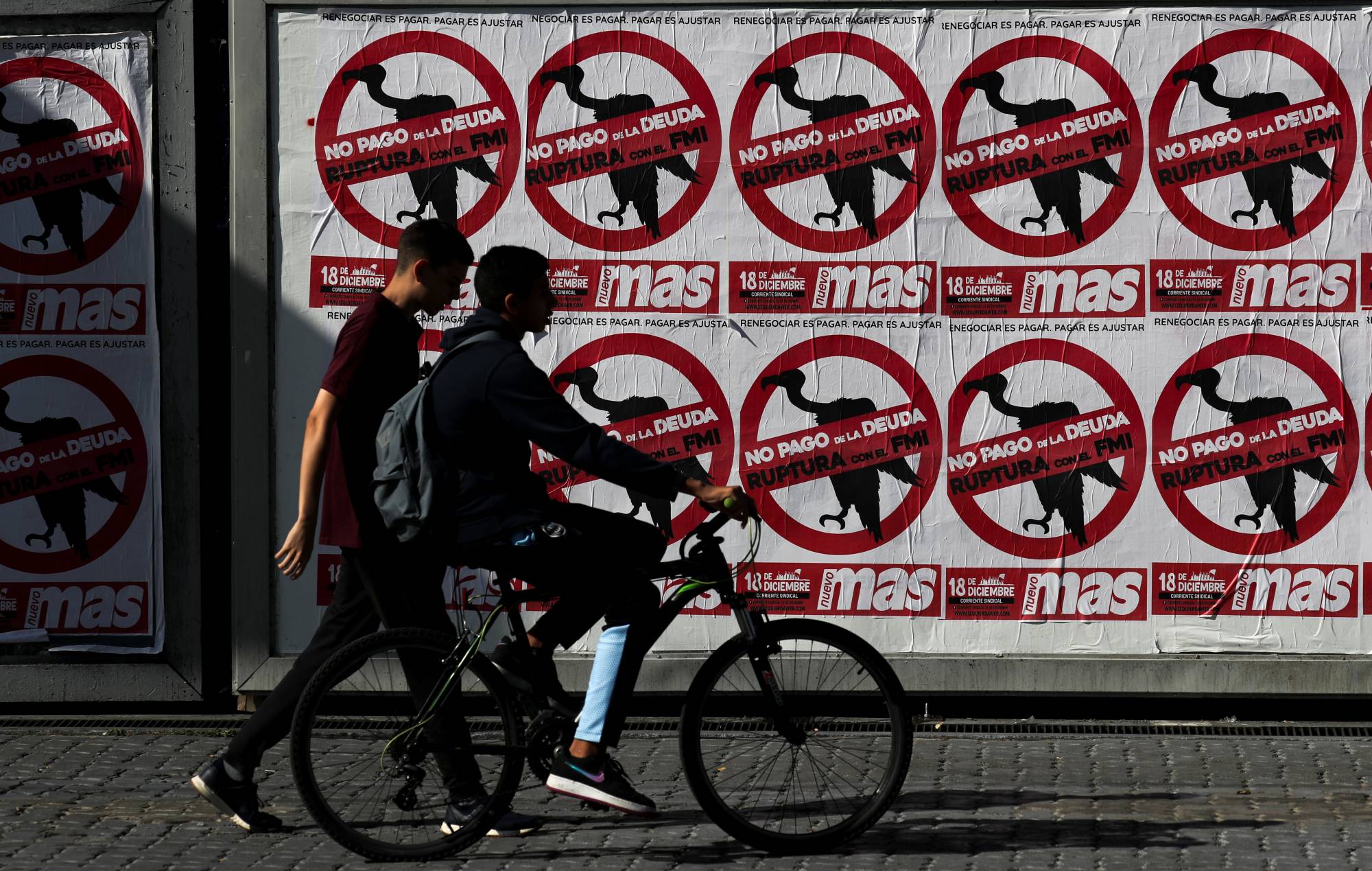The COVID-19 pandemic will undoubtedly be remembered as one of the most difficult episodes in the history of modern capitalism. But it is difficult for different countries in different ways, which is reflected in the policies their governments have adopted. And nowhere are the difficulties greater than in highly indebted countries.
In Argentina, the pandemic hit at a time when the country had no access to credit. In that context, we initiated and finalized a sovereign-debt restructuring that has — for the first time — tested the collective-action clauses (CACs) that became the new market standard in 2014.
Back in 2016, Argentina had finally recovered access to international credit markets after a long legal battle with the “vulture funds” — bondholders who swoop in to buy distressed debt, hold out in the ensuing restructuring process, and then litigate to get better treatment than the restructured bondholders did. By highlighting the failures of the international architecture for resolving sovereign-debt crises, Argentina’s travails set the stage for reform. In late 2014, the United Nations General Assembly launched a process to create a formal framework for sovereign-debt restructuring; following an endorsement from the International Capital Markets Association in 2014, CACs would henceforth bind minorities to the decisions of qualified majorities.


















With your current subscription plan you can comment on stories. However, before writing your first comment, please create a display name in the Profile section of your subscriber account page.